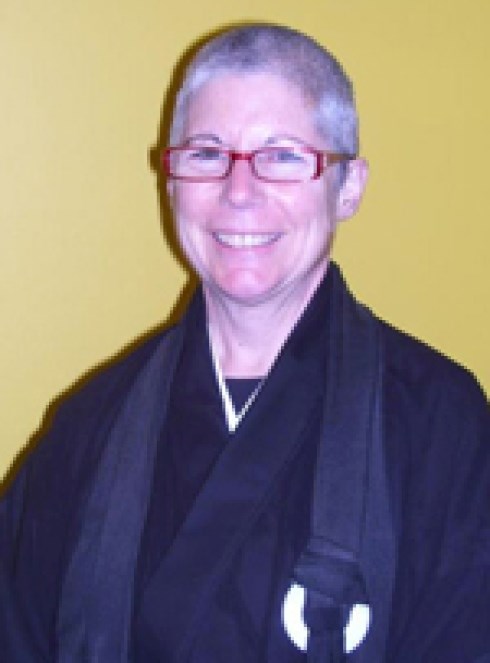You can start meditation for any of a number of very good reasons.
These days, the benefits of mindfulness are ubiquitous in the media. I call it the shopping list path to a happier life. A google search of the benefits of meditation mirrors many people’s path to practice. We are exhorted by numerous articles, by friends, by counsellors to take up meditation as an antidote to many of life’s problems: stress, anxiety, burnout, depression, exam nerves, road rage, anger, obesity, chronic pain, drug addiction, sleeplessness and more.
It is said to be good for our overall health, well-being, happiness, and something called brain integration or coherence (all the regions of the brain communicating).
According to my online search “why meditate?” meditation also boosts immunity, fights cancer, increases productivity, and saves time.
Searching for a solution to a particular life problem may be the impetus that gets us to our first meditation class.
Strangely, spiritual awakening does not make the list. I could say in my own life I came to meditation partly for the fix and partly for the adventure, but I stayed for the meaning. I was uncomfortable in my own skin, and wanted freedom, ease, and confidence. What I found was gratitude, a desire to serve others, and a heart that is cracking open.
Meditation should be easy. You just sit there and relax. However, it may not be so easy to marshal the time and energy to do something so good. I found that even with strong motivation it was much easier to use my time in denial, because when meditation started to work on me, peeling back the layers of defence, I was in a lot of pain.
I began to see that being broken-hearted was my starting point.��
Family drama, news stories of a failing planet, or even limitless human misery stirred the pot only enough to send me running to my primary denial activities: reading murder mysteries and binging on tv shows. It’s easier to see the denial in more antisocial behaviour like being a workaholic, drug addict, or gambler. But there it was, and still is. Every day, every moment, is a choice: awareness or denial.
When I sit on the meditation cushion or chair I bring my whole being, the broken-hearted and the somewhat happier aspects; and I hold the intention of waking up. By allowing the heart and mind to settle and ground, I’m able to touch on inner peace and tranquility, and I think perhaps wisdom in action.
As I continue my practice, this equanimity, over time, pervades my life. I begin to notice and acknowledge my feelings as they occur; this new awareness allows them to inform my choices and my actions rather than forcing them underground as unwanted baggage. This baggage invariably resurfaces later, affecting my life unbeknownst to me by firing my anger, or causing huge blind spots in my awareness.
Over the years of meditation practice, I begin to be nurtured by the deep silence I find within. I begin to develop a connectedness to all people and things, and a deep sense of well-being. These are not measured by the usual markers of achievement, productivity, or fitness. In fact this deep belonging, this quiet heartbreak and joy are not really connected to the ups and downs of my outer life at all. But they do inform my actions. The first of which, every day, is to choose to be awake.
I came for the healing and stayed for the adventure of diving straight to the heart of zen.
 Soshin McMurchy��is a priest with Zenwest Buddhist Society, and serves as the Buddhist Chaplain with the University of��Victoria Multifaith Services. She works part-time at the Greater Victoria��Public Library and lives in Victoria with her partner of 39 years.
Soshin McMurchy��is a priest with Zenwest Buddhist Society, and serves as the Buddhist Chaplain with the University of��Victoria Multifaith Services. She works part-time at the Greater Victoria��Public Library and lives in Victoria with her partner of 39 years.
You can read more articles on our interfaith blog, Spiritually Speaking,
*This article was publsihed in the print edition of the sa���ʴ�ý on Saturday, January 31 2016


